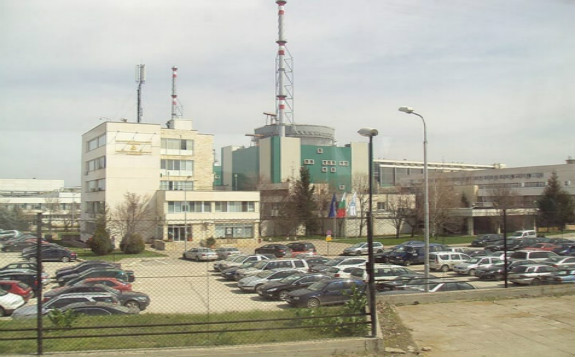Russian state atomic energy corporation Rosatom is working with Paris-based Framatome and GE Steam Power, which is headquartered in the U.S., to secure contracts to construct the Belene nuclear power plant in northern Bulgaria near the Danube River, which forms the country’s border with Romania.
An On-Again Off-Again History
The Belene project has a long history. Initial plans for the site go as far back as the early 1970s, and construction of a nuclear plant was approved in early 1981. The original plan was for four to six 1,000-MW units to be built at the site. Actual construction on the first unit began in 1987, according to the World Nuclear Association.
By some accounts, about 40% of the construction work on Unit 1 was finished by 1990, and 80% of the equipment had been supplied, but the project was halted that year due at least in part to a shortage of funds. However, measures to preserve equipment and maintain the site continued, and in 2002, the government decided in principle to restart the project as a two-unit endeavor.
In October 2006, a deal was struck with Russia’s Atomstroyexport, France’s Areva (which has since rebranded as Framatome), and Germany’s Siemens. The Bulgarian Nuclear Regulatory Agency reportedly issued permits for the two units by June 2007, and the design received European Utility Requirement certification that year as well. Construction officially recommenced in September 2008. The first reactor was expected to begin operating by the end of 2013, with the second entering service a year later.
A change in government led to further hiccups in September 2009. Significant negotiations ensued over the years that followed, and additional European and American investors were sought for the project. When none emerged, the project was again halted in October 2012. Components that had already been manufactured for the plant were diverted instead to a new unit at the Kozloduy site (Figure 1), the only operational commercial nuclear power station in Bulgaria.
Kozloduy-Nuclear-Power-Plant

Three Companies Join Forces
The memorandum of understanding (MOU) announced on June 18 between Rosatom, Framatome, and GE Steam Power marks a possible step forward for the project. As part of the agreement, if Rosatom becomes a strategic investor in the project through the competitive process, GE will supply the turbine-generator set—based on its Arabelle steam turbine technology platform—and the turbine hall equipment. Framatome will provide automated process control systems for the plant.
“The signed MOUs underline a continuously high level of trust between our companies,” Kirill Komarov, first deputy director general of Corporate Development and International Business with Rosatom, said in a statement. “I am sure that international cooperation between nuclear industry leaders will help create the best financial and technical conditions for the implementation of the Belene NPP [nuclear power plant].”
“Framatome brings its international expertise and years of industrial experience in the field of control systems,” said Frédéric Lelièvre, senior executive vice president in charge of Sales, Regional Platforms, and the Control-Command Business Unit with Framatome. “It is an honor to partner with the public company Rosatom for the construction of the Belene plant, an important project that will make it possible to produce clean and reliable electricity.”
The companies have a history of successful collaboration on nuclear projects. Rosatom partnered with Framatome on the Paks-2 NPP in Hungary and the Hanhikivi-1 NPP in Finland. The company has also partnered with GE on the Akkuyu NPP project in Turkey and the El-Dabaa NPP project in Egypt.